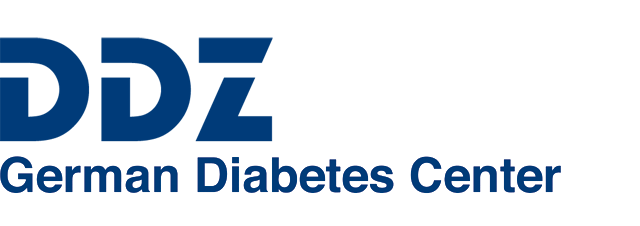The use of medical services, self-management of diseases and the implementation of health-promoting behaviors are essential resources in maintaining and improving health. The time required can influence willingness to undergo medical treatment and adherence to therapy, as this time cannot be used for work or leisure activities. The time spent on health-related activities has hardly been investigated.
A large part of diabetes treatment consists of self-management (e.g. foot care, physical exercise, diet, measuring blood sugar, self-administering medication). The time cost which would arise if patients implemented the self-care management activities recommended by the American Diabetes Association would be between two and three hours per day in a typical diabetes patient in a stable phase of treatment. Despite the high expenditure of time and the presumably associated influence on the adherence of self-treatment, empirical results on the expenditure of time of diabetes patients are hardly available so far.
Aims
- Methodological studies on instrument development and validation
- The recording and analysis of patient time for self-management in people with diabetes
- The analysis of associated factors
- Stratified analyses seek to study whether there is a difference in patient time amongst certain sub-groups (e.g. patients with varying social status)
- The analysis of changes in patient time over the course of the disease
Project Lead and Contact Person
Cooperations
- KORA Augsburg
- German Diabetes Study
- Institute for Clinical Diabetology (DDZ)
Funding
Bundesministerium für Bildung und Forschung (BMBF)
Methods
Following the development of an instrument to record diabetes-specific patient time, studies are currently being conducted into whether diabetes-related activities can be measured using a general time expenditure survey. An established instrument for general time expenditure surveys from the Federal Statistical Office is used to do so. It is a diary which is kept for three days. Within the framework of this survey, not only health-related activities but also professional and other activities are surveyed on a daily basis. This way, the health-related activities are classified in the course of the respondents' daily lives, which is expected to provide a more accurate picture of the health-related expenditure of time. So far, this instrument has been used for research into more sociological questions without health-related activities. In addition, the health situation of respondents has not yet been recorded. Therefore, there is no experience as to how well the instrument can be used to record health-related activities in people with a specific disease.
A questionnaire developed and validated as part of a DFG (Deutsche Forschungsgemeinschaft) project is used to record and analyze patient time. It is used in two large prospective studies, namely the KORA study in Augsburg and the German Diabetes Study (GDS). The KORA study examines associated demographic and clinical factors using multiple regression analyses. The longitudinal GDS analyzes changes in patient time over the course of the disease.
Duration
2013-2015, 2016-2020
Study type
Methodological studies on instrument development and validation; questionnaire survey in cross-sectional and longitudinal designs
